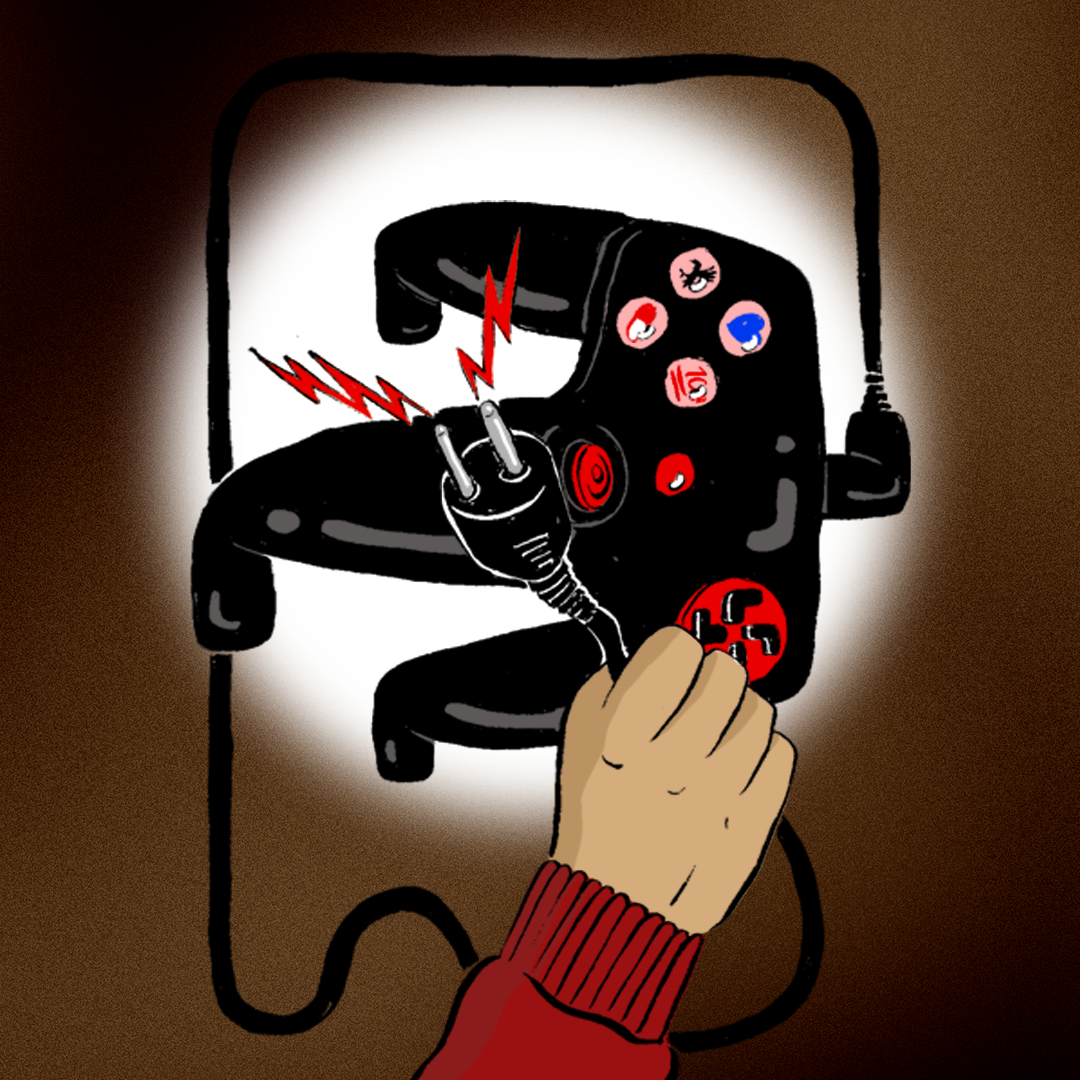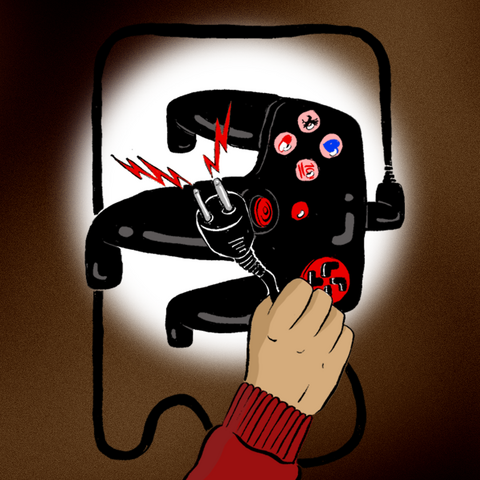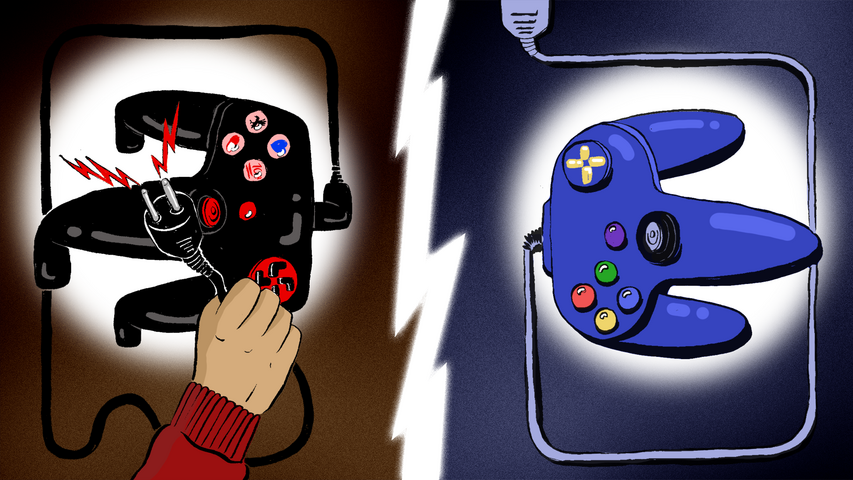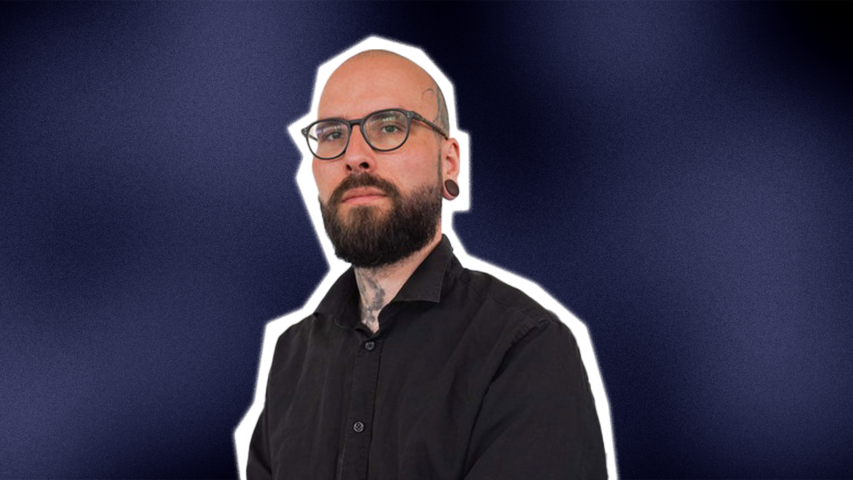On September 19, 2025, we participated in a symposium organized by the Federal Agency for Civic Education (bpb). The topic: right-wing extremism in the gaming scene. This may sound unusual at first glance, but it is a highly topical issue.
This is because around 70 percent of young people in Germany play video games regularly. Gaming therefore has an enormous reach – and that is precisely what makes it interesting for right-wing extremists.
How right-wing extremists operate
There are various strategies that extremist groups use in gaming:
- Use of codes, memes, and conspiracy myths
- Networking via in-game chats or platforms such as Twitch
- Creating feelings of “us against them”
- Provocation to gain attention and recognition
Important: There is no direct causal link between gaming and extremism. But gaming spaces are being used specifically for this purpose – and that is precisely why we must take them seriously.
Countermeasures and opportunities
Fortunately, there are many good approaches to countering this:
- Digital street work (e.g., by social worker Jerome Trebing) provides direct support in gaming communities.
- Counterspeech: Don't just let hate stand, but clearly contradict it.
- Content creators such as Freiraumreh take a stand and encourage others to do the same.
- If you discover abuses: State media authorities can exert more pressure than individuals.
New challenges such as VR games and unregulated platforms like Steam show that we must remain vigilant.
And yet, gaming is not the problem—quite the contrary. It can create friendships, strengthen communities, and even act as a “vaccine” against extremism. The closer the community, the less room there is for hatred.
What we take away from the symposium on September 19, 2025: Gaming is a huge cultural space – with risks, but also with great opportunities. The key is that we shape it together.





![[Translate to English:] Freiraumreh](/fileadmin/_processed_/f/f/csm_freiraumreh_portrait_164f737557.png)